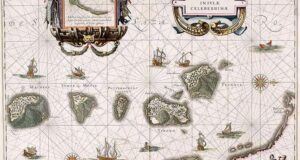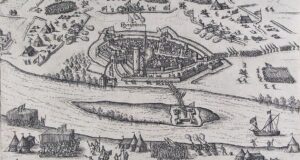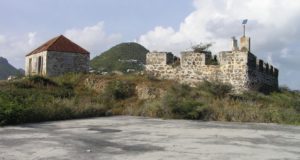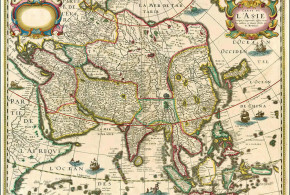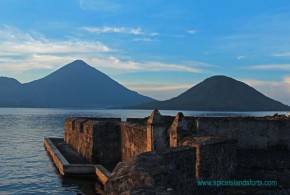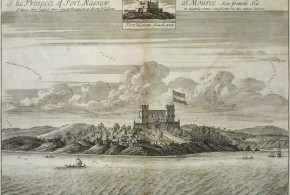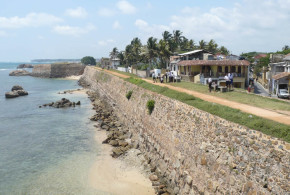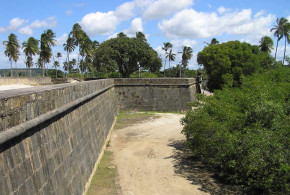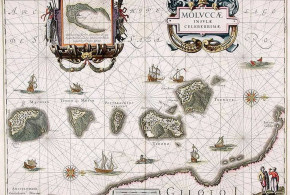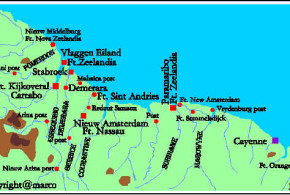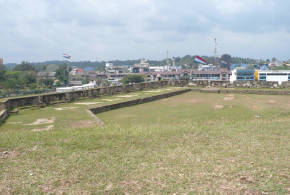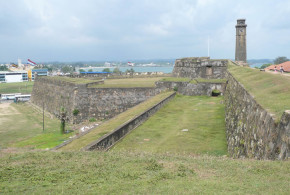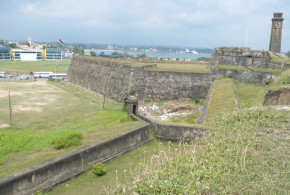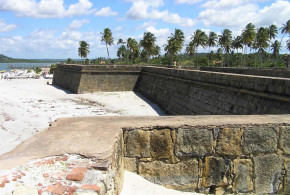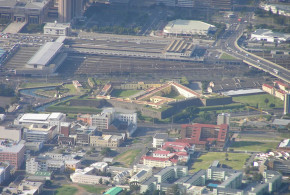Photos by Magiel Venema. English text revision by Dietrich Köster.
The Dutch have never had control over the Portuguese colony of Macao. But despite this they have used this Portuguese outpost in China for their trade. This is evidenced by the numerous tombs Dutch in the two ancient cemeteries of the city: the Roman Catholic cemetery and the Old Protestant Cemetery.
The Roman Catholic cemetery of Macau, Cemitério de São Miguel Arcanjo (Saint Miguel Catholic Cemetery), is located right in the middle of the Macao peninsula, on the Estrada do Cemitério, about half a mile to the northeast of Monte Fort. Inside this cemetery are several interesting Dutch tombstones.
The Old Protestant Cemetery is situated next to the Camões Garden and can be reached by walking north and downhill from the Ruins of São Paulo’s Cathedral. In this cemetery are 162 tombs, several of them are Dutch tombstones. This Cemetery was established by the British East India Company in 1821.
After the founding of the cemetery some graves were moved from their original positions in the Protestant cemetery. This explains the existence of graves dating back long before the founding of the cemetery. The English East India Company allowed the burial in their cemetery of all foreign. In the Protestants Cemetery are the graves of various nationalities including many Dutch graves some of which date back to the eighteenth century.
In 2005, the Old Protestant Cemetery was included in the World Heritage of UNESCO as part of the UNESCO site of Macau (Historic Center of Macau).
All the photos of the graves on this page are copyright © by Magiel Venema, my thanks.
- Dutch grave (1865) in the Roman Catholic cemetery, Macau. Photo by Magiel Venema
- Dutch grave (1816) in the Protestant cemetery, Macau. Photo by Magiel Venema
- Dutch grave (1786) in the Protestant cemetery, Macau. Photo by Magiel Venema
- Dutch graves in the Protestant cemetery, Macau. Photo by Magiel Venema
- Dutch grave (1841) in the Protestant cemetery, Macau. Photo by Magiel Venema
- Dutch grave in the Roman Catholic cemetery, Macau. Photo by Magiel Venema
 Colonial Voyage The website dedicated to the Colonial History
Colonial Voyage The website dedicated to the Colonial History











